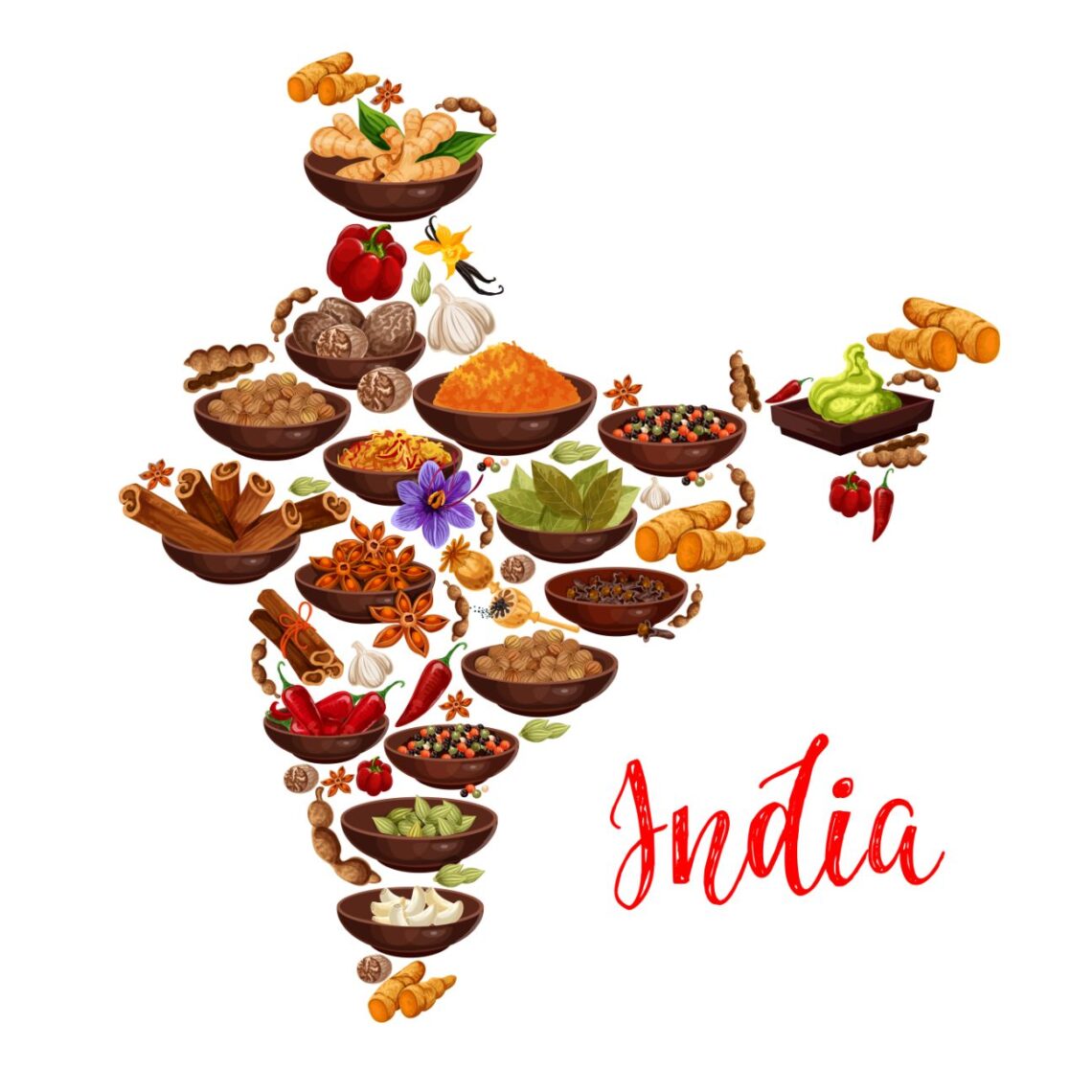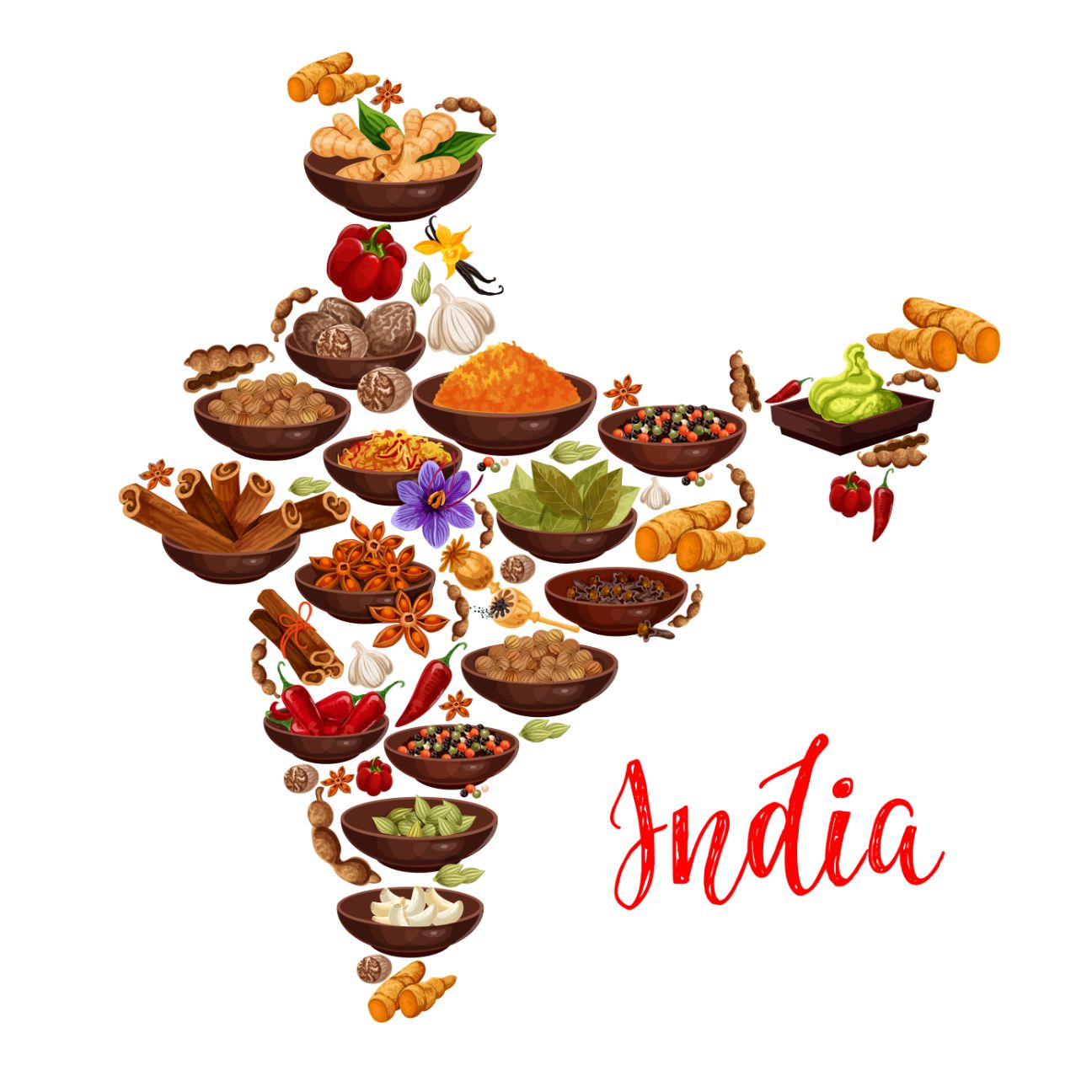India, with its rich cultural heritage and diverse culinary traditions, may seem like a challenging place to adopt a vegan lifestyle. However, contrary to popular belief, being vegan in India is not as difficult as it may seem. With a plethora of plant-based foods, a long history of vegetarianism, and a growing awareness of ethical and health concerns, India offers numerous opportunities for vegans to thrive.
Abundant Plant-Based Options
One of the most compelling reasons why it’s not difficult to be vegan in India is the abundance of plant-based foods available. Traditional Indian cuisine is heavily centered around grains, legumes, vegetables, fruits, and spices, making it inherently vegan-friendly. Staple foods like rice, lentils (dal), roti (flatbread), vegetables, and fruits form the foundation of Indian meals, providing a diverse array of nutrients and flavors.
Moreover, India boasts a vibrant street food culture that caters to vegetarians and vegans alike. From savory snacks like samosas, pakoras, and dosas to sweet treats like jalebi and coconut ladoo, there’s no shortage of vegan options to tantalize your taste buds. Street vendors and local eateries often offer customizable dishes, allowing you to request vegan versions of your favorite foods without dairy or animal products.
Cultural Acceptance of Vegetarianism
India has a long-standing tradition of vegetarianism, with millions of people following vegetarian diets for cultural, religious, and ethical reasons. Vegetarianism is deeply ingrained in Indian culture, with vegetarian cuisine being widely available and widely accepted across the country. This cultural acceptance extends to veganism as well, as many Indians are familiar with and respectful of dietary restrictions related to animal products.
In addition to the cultural acceptance of vegetarianism, India is home to numerous religious and spiritual traditions that advocate compassion towards all living beings. Hinduism, Jainism, and Buddhism, three of the major religions in India, promote non-violence (ahimsa) and respect for all forms of life, including animals. As a result, many Indians are receptive to the principles of veganism and are willing to accommodate vegan dietary preferences.
Growing Awareness and Accessibility
In recent years, there has been a significant increase in awareness about veganism and its benefits in India. With the rise of social media, vegan influencers, and online communities, more people are becoming educated about the ethical, environmental, and health implications of their food choices. This growing awareness has led to an increase in demand for vegan products and services, prompting businesses to cater to the needs of vegan consumers.
Today, it’s easier than ever to find vegan-friendly restaurants, cafes, and grocery stores in major cities across India. Many restaurants now offer dedicated vegan menus or clearly label vegan options on their menus, making it convenient for vegans to dine out with friends and family. Likewise, supermarkets and online retailers stock a wide range of plant-based diets products, including dairy alternatives, plant-based meats, and vegan snacks, making it simple to find vegan ingredients for cooking at home.
Conclusion
In conclusion, being vegan in India is not as difficult as it may seem. With its abundant plant-based options, cultural acceptance of vegetarianism, and growing awareness and accessibility of vegan products, India offers a welcoming environment for vegans to thrive. Whether you’re enjoying traditional Indian cuisine, exploring street food markets, or dining at upscale restaurants, you’ll find plenty of delicious and satisfying vegan options to choose from.
By embracing the principles of compassion, sustainability, and health, more Indians are discovering the joys of vegan living and incorporating plant-based foods into their diets. With continued advocacy, education, and innovation, the vegan movement in India is poised to grow even stronger, creating a brighter future for animals, the planet, and all those who call India home.


